Dr. James explains why identifying with others is so powerful in a donor’s hero story
iMarketSmart
JULY 31, 2023
Natural origins of giving: I am like them Altruism means I give away something valuable to help another. Most altruism in animals matches this model. How could natural selection lead to altruism? It helps you, but it costs me. Altruism is still costly. This opens the possibility for reciprocal altruism.

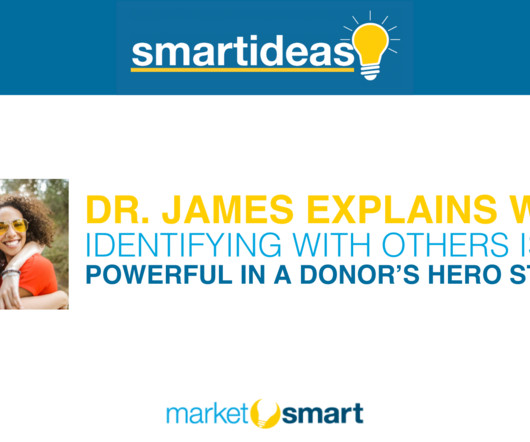
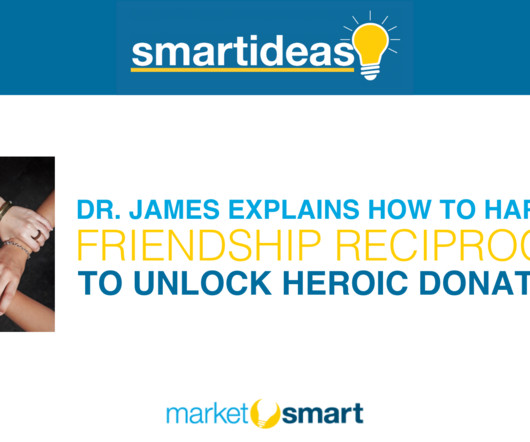
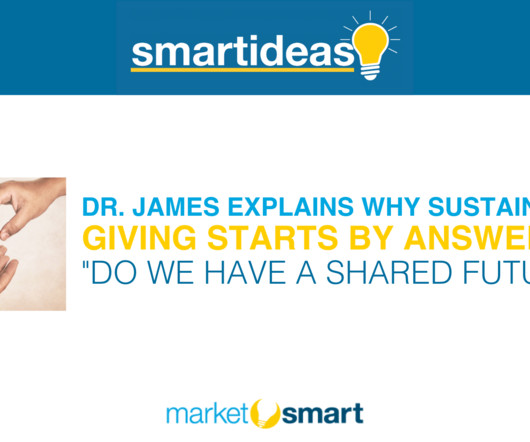
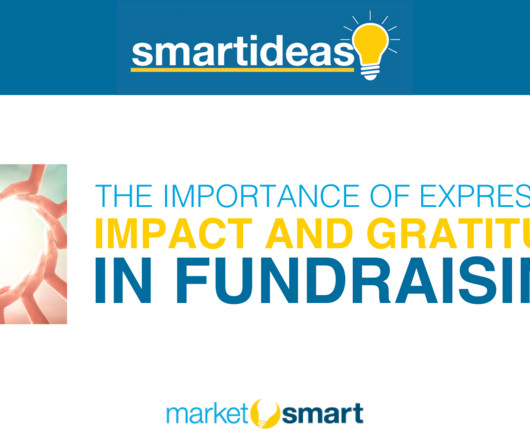
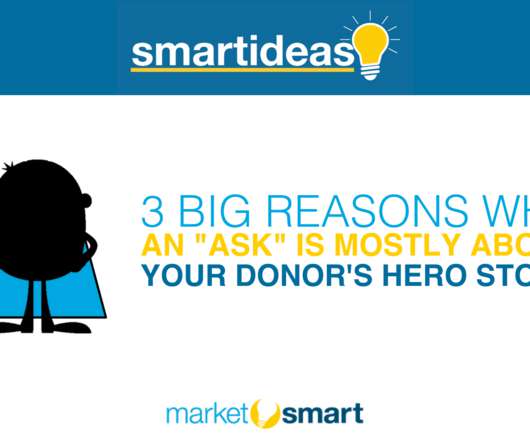
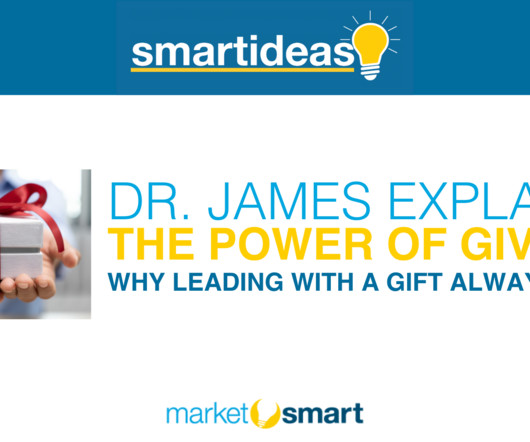

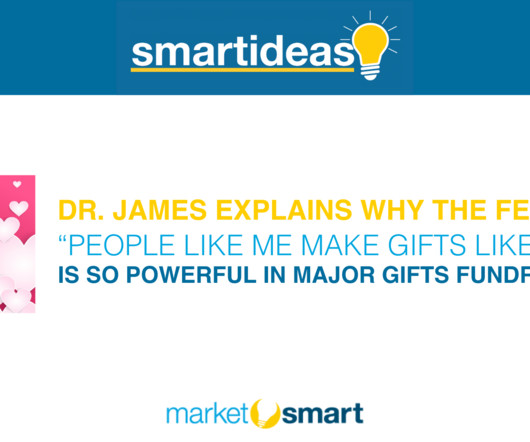

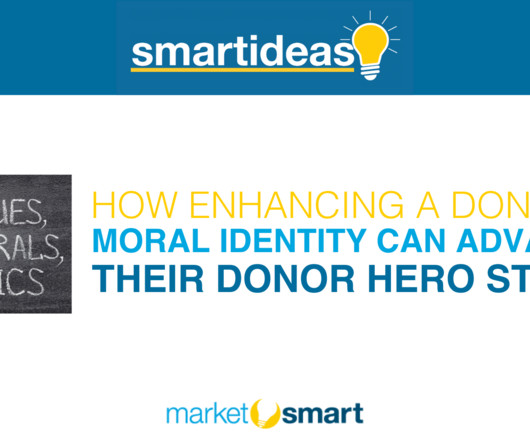






Let's personalize your content